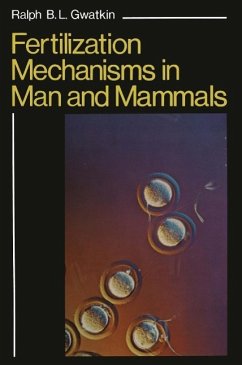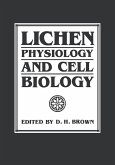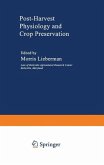Fertilization in mammals normally occUrs within the oviduct, where it is relatively inaccessible to study. However, as a result of painstaking research, most of it carried out over the last five years, this barrier to experimentation has been largely overcome by the development of in vitro fertilization techniques for at least 11 different species, including man. The result has been a rapid increase in our knowledge of the physiological and bio chemical mechanisms involved in the fertilization process. The aim of this book, which is an extension of my recent review of cell surface interactions in fertilization (Gwatkin, 1976), is to present a brief, but well documented, account of the new knowledge that has been attained. Although this book deals with mammalian fertilization mechanisms, I have included some recent experiments on am phibian and invertebrate gametes to supplement the mammalian picture. This information is particularly valuable as the rela tively large number of eggs available from these lower forms has advanced our knowledge of certain fertilization mechanisms beyond what is known in mammals. However, in the interest of brevity, I have omitted details of morphology and minor varia tions between species. For these, and other aspects not covered here, the reader is referred to the books of Austin (1965, 1968), vii viii PREFACE Austin and Short (1972), Metz and Monroy (1969), Monroy (1965), Lord Rothschild (1956a), and Zamboni (l971a).
Dieser Download kann aus rechtlichen Gründen nur mit Rechnungsadresse in A, B, BG, CY, CZ, D, DK, EW, E, FIN, F, GR, HR, H, IRL, I, LT, L, LR, M, NL, PL, P, R, S, SLO, SK ausgeliefert werden.









